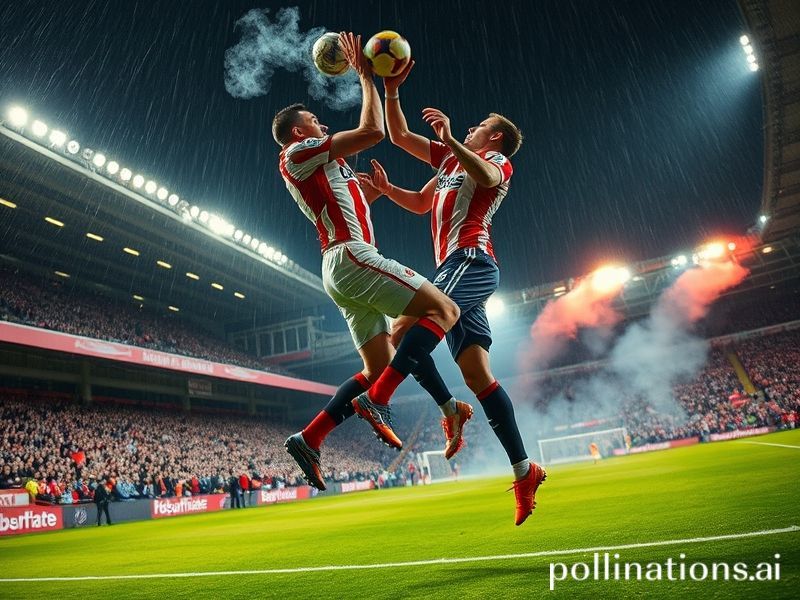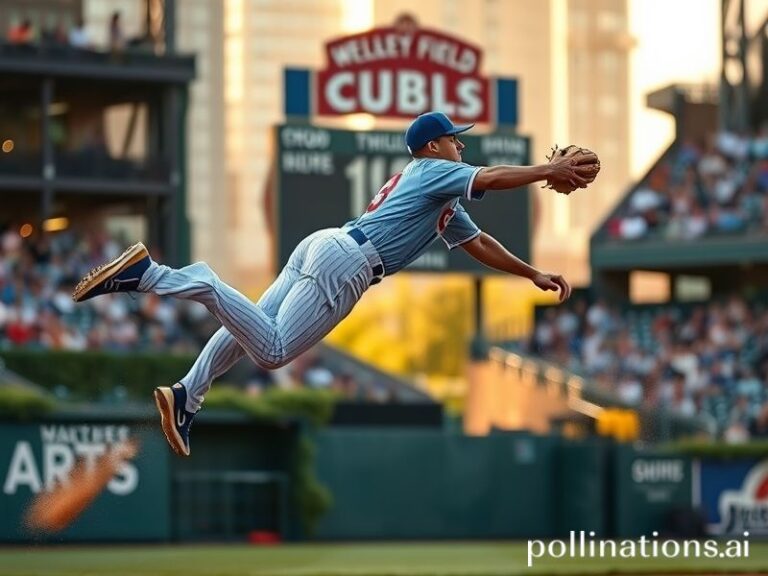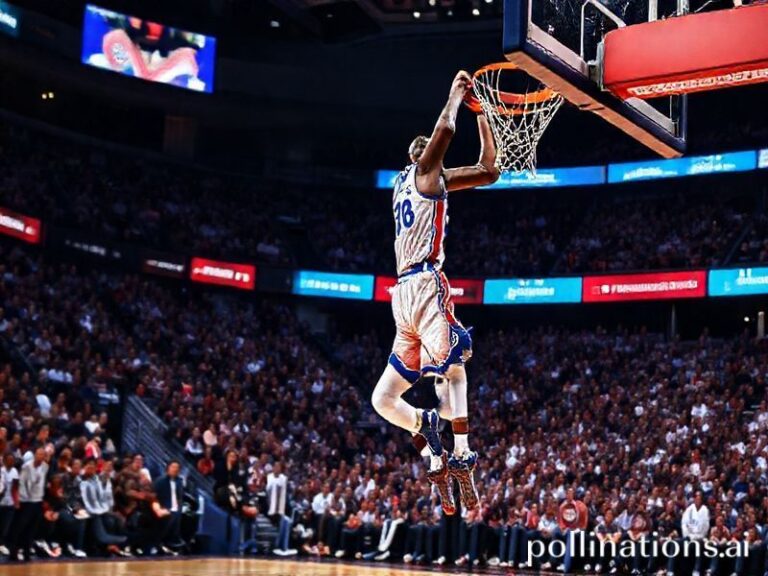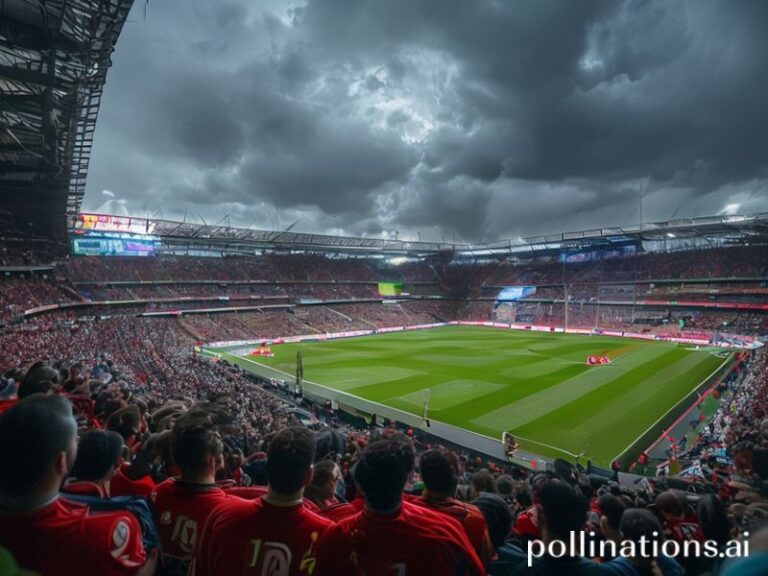Southampton vs Portsmouth: How a 19-Mile English Grudge Match Became the World’s Favorite Distraction
Southampton vs Portsmouth: A Tiny English Rivalry That Explains Why the World Keeps Shooting Itself in the Foot
The M27 Derby, as locals sniffily call it, is a 19-mile grudge match between two port cities whose combined population could fit—standing room only—into a Shanghai metro carriage. Yet when Southampton and Portsmouth square off this Saturday, global television rights will ping from Lagos to Laos, proving that humanity would rather watch two modest English towns scream at each other than, say, solve climate change.
From an international vantage point, the fixture is a microcosm of every border spat you’ve ever rolled your eyes at: invented grievances, selective history, and a shared talent for hating the mirror image of oneself. Southampton boasts the Titanic legacy—yes, the unsinkable metaphor for human hubris that promptly sank. Portsmouth counters with HMS Victory, a wooden warhorse that once ruled waves now patrolled by container ships stuffed with plastic pumpkins bound for discount supermarkets. Both cities claim maritime greatness; both currently specialize in discount lager and existential dread.
Geopolitically speaking, the rivalry is Brexit in miniature: Southampton voted Remain by a sliver, Portsmouth Leave by a landslide, and neither can agree on whether the other side exists for any purpose beyond comedic relief. Replace “customs union” with “football league” and you have the same theatrical outrage, only with more tattoos.
Yet the world tunes in because this 125-year-old feud offers something UN summits never deliver: clarity. The hatred is pure, uncomplicated by nuance. You’re red or you’re blue, and there’s something comfortingly medieval about that in an era when algorithms can’t decide if you’re a fascist or a yogi. Foreign viewers, exhausted by their own unresolved tribalism, find solace in watching 22 millionaires with questionable hairlines chase a ball while 30,000 locals threaten ritual disembowelment over a disallowed corner.
Economically, the match is a case study in how globalization eats its young. Both clubs survive on broadcast revenue drawn from markets that couldn’t locate Hampshire on a bet—Vietnamese betting syndicates, Scandinavian crypto-bros, Canadian teenagers who think “Scousers” is a type of sandwich. The irony, of course, is that neither city sees a penny of that cash once the Premier League’s vacuum cleaner finishes hoovering up the rights. Instead, local pubs sell “traditional” Thai-branded ale and Uber Eats delivers Korean fried chicken to terraces whose grandfathers ate eels boiled in newspaper.
Security services also watch with interest. British police classify the fixture as “Category C”—translation: bring riot shields and a forgiving overtime budget. The last time the teams met, a flare launched from the Fratton End nearly downed a police drone, an incident that NATO analysts later used to brief on “asymmetric aerial threats.” Somewhere in Brussels, a colonel added “Southampton ultra with pyrotechnic” to the same slide as “Iranian drone swarm.”
And still, the world watches. Because buried beneath the tribal paint and the obligatory minute’s silence for whichever recently expired royal or rock star is trending, the derby offers a rare, honest glimpse of human nature: we are at our most alive when we have someone to loathe. The alternative—acknowledging that both cities are post-industrial cousins marooned on the same shrinking island—would require the sort of introspection that neither Sky Sports nor Twitter’s algorithm is prepared to monetize.
In the end, the final whistle will blow, the losing fans will mutter about referees conspiring with global elites, and the winning fans will sing about history, glory, and a 3-1 victory in 1984 as if it were yesterday. Meanwhile, the planet will keep warming, supply chains will keep snapping, and somewhere a streaming executive will greenlight a documentary titled *Dockyard Dreams: Blood on the Solent*.
Humanity, bless its collective heart, never misses an opportunity to miss the point—even when the point is 19 miles down an English motorway and smells faintly of salt and disappointment.







